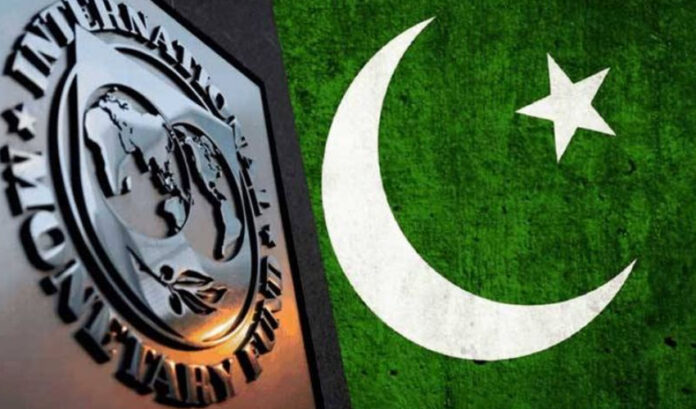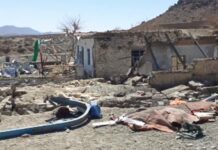Islamabad, May 20: Amidst rising inflation, a massive debt crisis, and crumbling economy, Pakistan has been asked by the International Monetary Fund (IMF) to impose tax on pensions that are over PKR 1 lakh, demanding changes be made to the monthly pension programme to ensure a level of macroeconomic stability, as part of its new bailout package.
The policy change talks are scheduled to commence on May 21 as negotiations between Pakistan and IMF have reached their final phase. As per IMF, the policy change is expected to get the necessary legislative support aimed at taxing wealthy pensioners.
However, it has also become increasingly clear that the new programme will demand extremely stringent economic reforms on the cash-starved country’s part, with Islamabad already reeling under severe pressure. Nonetheless, Pakistan has made clear its intent to finalise the negotiations.
To become eligible for the bailout package, Pakistan will need to practice fiscal discipline by reducing spending and deficits in accordance with IMF requirements. Fighting an uphill battle, the IMF last week in its negotiations demanded that the government authorities raise the General Sales Tax (GST) to over 18 percent, during four rounds of talks with Pakistan for a fresh loan.
In its observations, the IMF mission noted that Pakistan’s sales tax collection system is increasingly problematic as the centre or federal government is collecting sales tax on the commodities, while the provincial governments do so on the services, suggesting that the federal government solely handle collection of GST.
The global body also demanded an end to GST exemption and increase it to 18 per cent on all commodities and services. In addition, during the fourth round of talks, the IMF mission also demanded that reforms be made in the insurance sector along with the formation of a separate regulatory body, demanding privatisation of three government owned insurance companies.
The IMF delegation is currently in Pakistan as Islamabad is interested in taking another programme from the international money lender to address the finance shortage.








